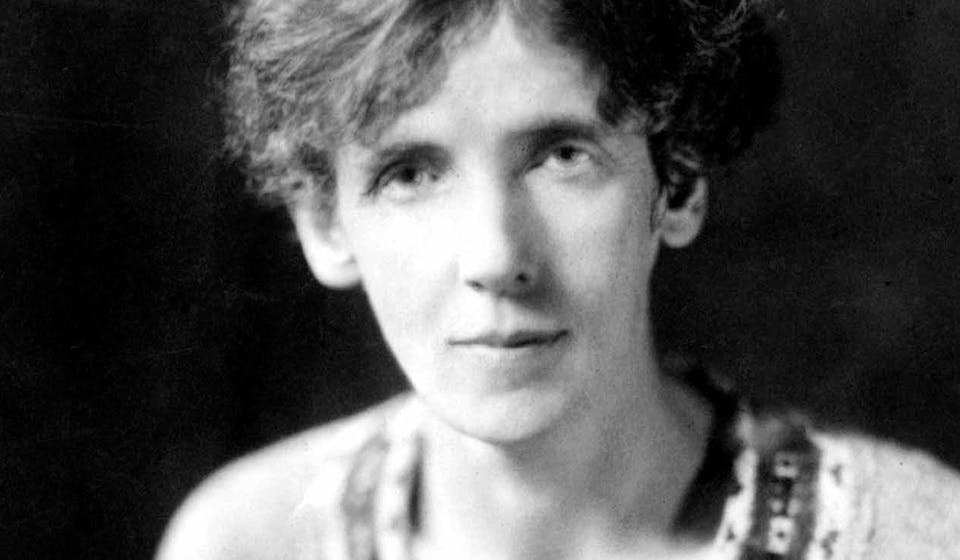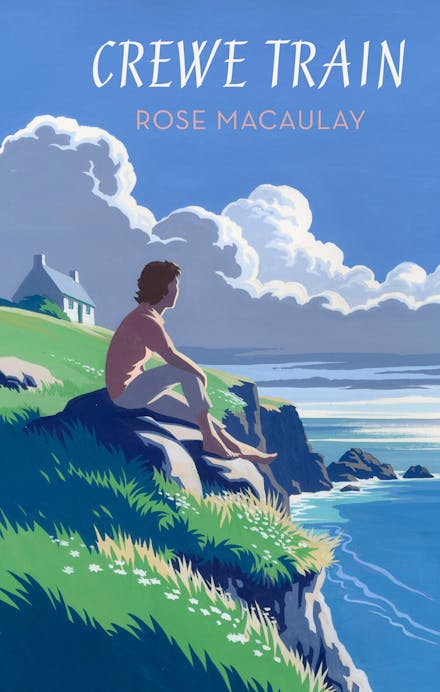Imprint
- Virago
- Virago
Fiction, Modern & contemporary fiction (post c 1945)
Crewe Train is a witty and thought-provoking satire on London life in the 1920s.
'Rose Macaulay is ripe for rediscovery' THE TIMES
'A pleasure and a triumph' ERIC LINKLATER
'One of her very wittiest books' OBSERVER
Denham Dobie has been brought up in Andorra by her father, a retired clergyman. On his death, she is snatched from this reclusive life and thrown into the social whirl of London by her sophisticated relatives. Denham, however, provides a candid response to the niceties of 'civilised' behaviour.
Crewe Train is Macaulay's wittiest social satire. The reactions of Denham to the manners and modes of the highbrow circle in which she finds herself provide a devastating - and very funny - social commentary as well as a moving story.
This bitingly funny, elegantly written comedy of manners is as absorbing and entertaining today as on the book's first publication in 1926.
Praise for Crewe Train
-
Rose Macaulay is ripe for rediscovery - The Times
-
One of her very wittiest books - Observer
-
A pleasure and a triumph
-
Rose Macaulay, who is probably the cleverest of our novelists, has given us yet another of her glittering novels - Country Life
-
One of the few authors of whom it may be said she adorns our century

Rose Macaulay
Rose Macaulay (1881-1958) was born in Rugby, Warwickshire. She studied Modern History at Somerville College, Oxford and wrote her first novel, Abbots Verney in 1906. She was introduced to the London literary scene by her childhood friend Rupert Brooke, and her friends included Ivy Compton-Burnett, Virginia Woolf, E. M. Forster, Rosamond Lehmann and Elizabeth Bowen. Macaulay became a celebrated writer who published over thirty works of fiction, non-fiction and poetry in her lifetime, including Crewe Train and The World My Wilderness. She won the James Tait Black Memorial prize for her final novel, The Towers of Trebizond (1956) and was awarded the DBE in 1957.


















.png?auto=compress&w=150&h=60&fit=crop&fm=jpg)

.png?auto=compress&w=150&h=60&fit=crop&fm=jpg)



